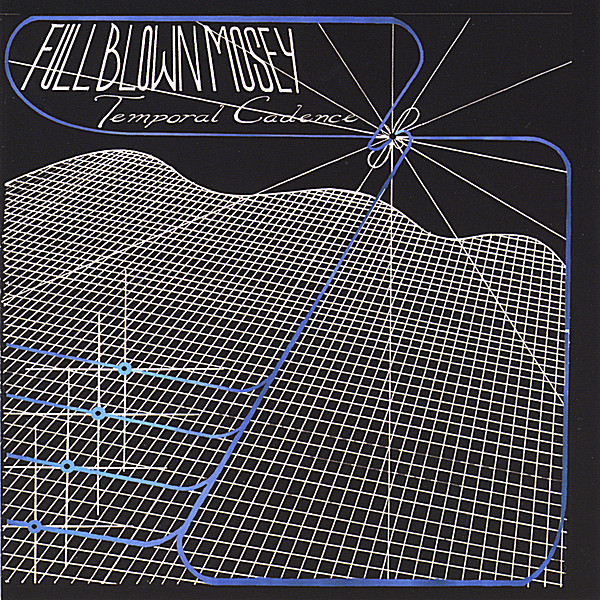
Windows Forensics will guide you step by step through the process of investigating a computer running Windows. Whatever the reason for performing forensics on a Windows system, be it incident response, a criminal investigation, suspected data ex-filtration, or data recovery, this book will tell you what you need to know in order to perform the vast majority of investigations. All of the tools discussed in this book are free and most are also open source.
Dr. Philip Polstra shows how to leverage numerous tools such as Python, shell scripting, and MySQL to quickly, easily, and accurately analyze Windows systems. While readers will have a strong grasp of Python and shell scripting by the time they complete this book, no prior knowledge of either of these scripting languages is assumed. Windows Forensics begins by showing you how to determine if there was an incident with minimally invasive techniques. Once it appears likely that an incident has occurred, Dr. Polstra shows you how to collect data from a live system before shutting it down for the creation of filesystem images.
Windows Forensics contains extensive coverage of Windows FAT and NTFS filesystems. A large collection of Python and shell scripts for creating, mounting, and analyzing filesystem images are presented in this book. The treasure trove of data found in the Windows Registry and other artifacts are discussed in detail. Dr. Polstra introduces readers to the exciting new field of memory analysis using the Volatility framework. Discussion of malware analysis rounds out the book.
Book Highlights
-
554 pages in large, easy-to-read 8.5 x 11 inch format
-
Over 11,000 lines of Python scripts with explanations
-
Over 500 lines of shell and command scripts with explanations
-
A 96 page chapter covering the FAT filesystem in detail
-
A 164 page chapter on NTFS filesystems
-
Multiple scenarios described in detail with images available from the book website
-
All scripts and other support files are available from the book website







